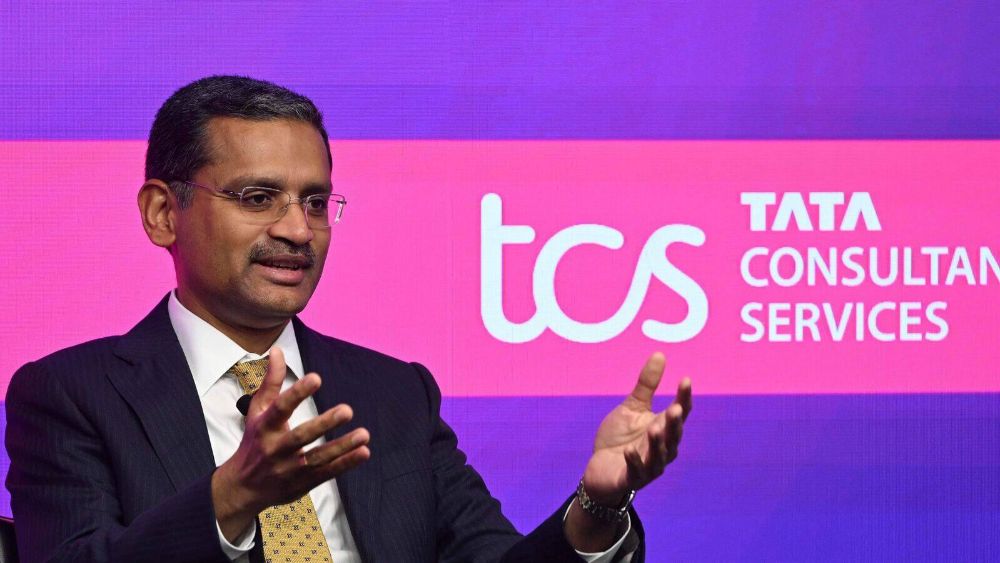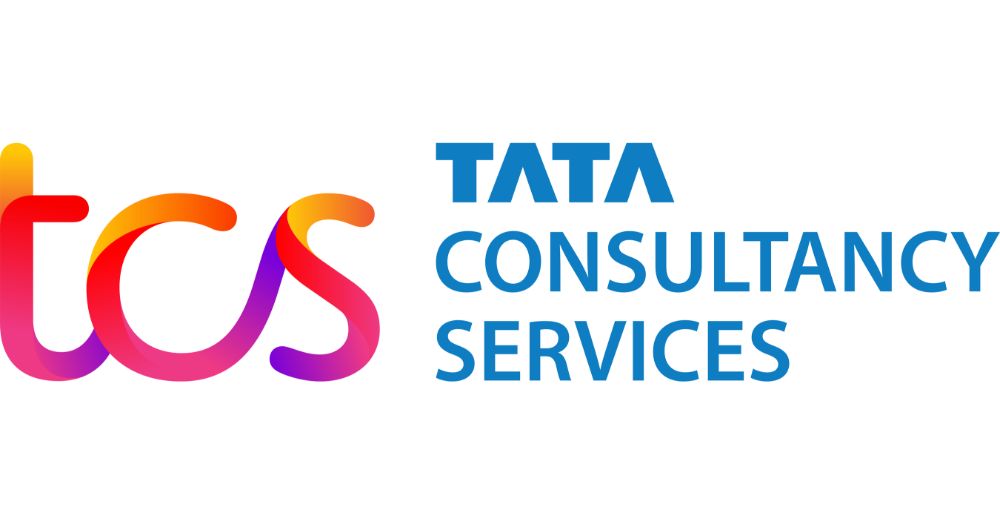Tata Consultancy Services (TCS), a key player in the sector, faced a year of challenges marked by modest revenue growth and a significant decline in headcount. In an exclusive interview with The Times of India (TOI), TCS CEO Krithivasan shed light on the factors contributing to these trends and the strategies the company is employing to adapt to the changing global demand environment.

The Indian IT services industry has witnessed a slowdown over the past year, reflected in TCS’s year-on-year revenue growth of just 1.7% in constant currency for the December quarter. The company’s headcount has also experienced a notable decline, with approximately 12,000 employees leaving since its peak six months ago.
When questioned about the substantial drop in employee numbers, Krithivasan emphasized a structural aspect at play. TCS, he explained to TOI in an exclusive interview that, consciously evaluates opportunities to enhance productivity within specific programs. In instances where demand exists elsewhere in the organization, the company aims to avoid external hiring and utilizes internal resources.

“In an environment like this, there’s a greater focus on productivity,” Krithivasan remarked. He highlighted the proactive approach of hiring ahead of time, training employees, and creating a skilled bench. This strategy enables TCS to deploy existing resources without the need to actively recruit externally to replace departing staff.
Looking ahead, Krithivasan expressed confidence that any productivity gains from emerging technologies like Generation AI (Gen AI) would be offset by an increased volume of work. This outlook positions TCS to handle greater workloads without resorting to further reductions in employee headcount.

Krithivasan reportedly noted that despite the industry’s challenges, Global Capability Centers (GCCs) continue to look towards India for its rich pool of talent. However, he highlighted a lingering challenge – there is still a considerable amount of work that these centers have traditionally not been able to outsource.
In the face of a changing global demand landscape and internal restructuring, TCS’s approach to proactively managing productivity and talent resources appears to be a strategic move. As the Indian IT services industry navigates these challenges, the insights shared by Krithivasan provide a glimpse into the adaptive strategies that may shape the industry’s future trajectory. While headcount reductions have occurred, the focus on productivity and a forward-looking approach position TCS to embrace emerging opportunities and drive sustained growth in the dynamic IT services sector.
